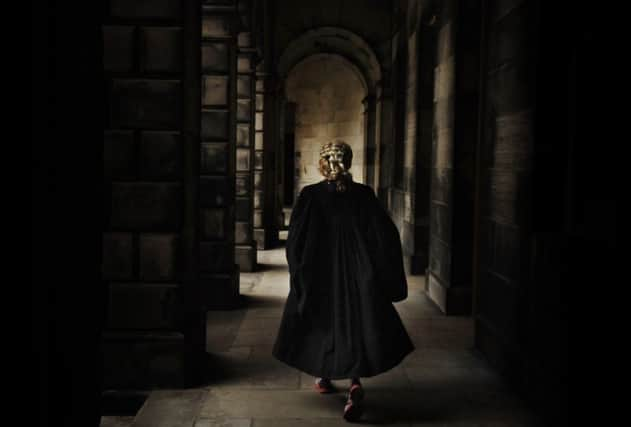Chris Marshall: Corroboration causing consternation


A subsequent ruling by the Supreme Court in London that Mr Cadder was free to appeal because police had interviewed him without a solicitor present set in train a series of far-reaching reforms of the legal system.
The culmination of that process is the Criminal Justice (Scotland) Bill, which is currently making its way through the Scottish Parliament.
Advertisement
Hide AdAdvertisement
Hide AdAmong the most controversial parts of the legislation is the proposal to remove the centuries-old principle of corroboration, which requires two independent pieces of evidence to bring a case to trial.
Depending on who you speak to, corroboration is either a crucial safeguard or, as justice secretary Kenny MacAskill believes, an “outdated rule” which prevents convictions, notably in domestic violence and rape cases.
Earlier this month, former high court judge Lord McCluskey launched a renewed attack on the plan to scrap corroboration in criminal trials, sending an 18-page letter to Holyrood’s justice committee outlining his concerns.
Lord McCluskey warned that removing the need for evidence from two sources would put too much faith in “flawed police practices”, discarding the “slow, considered judgment of centuries of judges”.
Similar interventions have been made by Lord Hope, the former deputy president of the Supreme Court, who described the Scottish Government’s proposed changes as “far-reaching and, potentially, quite dangerous”; and Lord Gill, the country’s most senior judge, who warned that abolishing corroboration risked fewer convictions and more miscarriages of justice.
But removing the need for corroboration has its supporters. Frank Mullholland, the Lord Advocate, has backed it as a necessary change for bringing more rapists and domestic abusers to justice.
When MSPs reconvene following the Easter recess, a series of amendments to the justice bill will be among the items under consideration. The bill currently includes a proposal to increase the majority of jury members required to return a verdict from a simple majority to a two-thirds majority. Billed as a safeguard for the accused should corroboration be scrapped, this would mean that a 15-member jury would require at least a 10-5 split.
In 2012, Peter Cadder walked free when his retrial collapsed. That case may be long forgotten, but its impact continues to reverberate through the Scottish legal system.